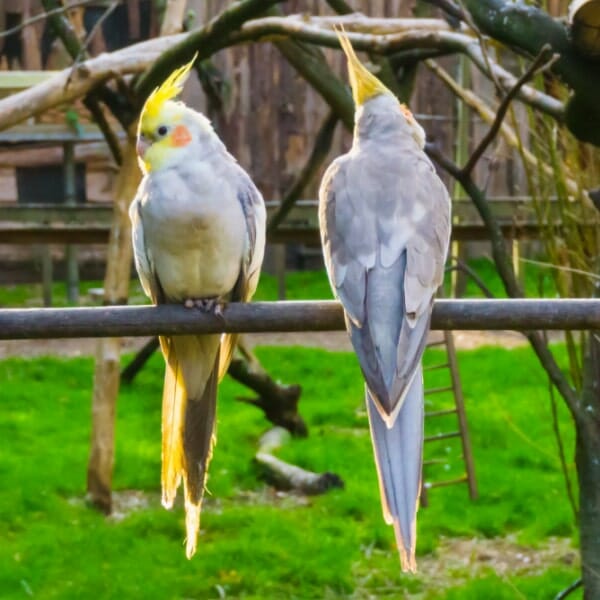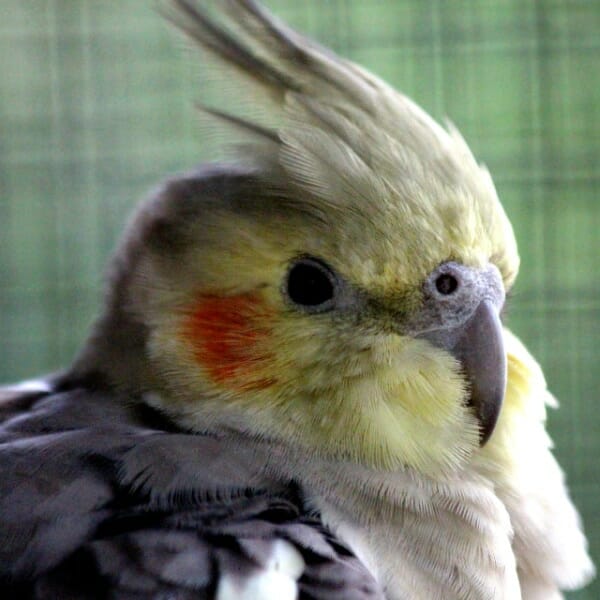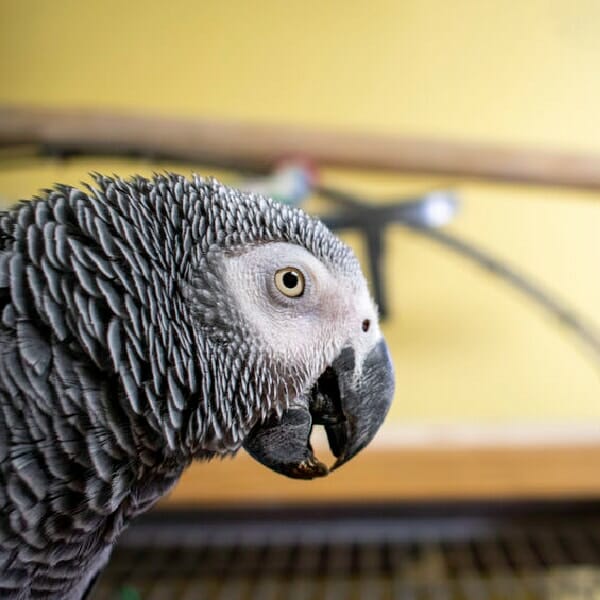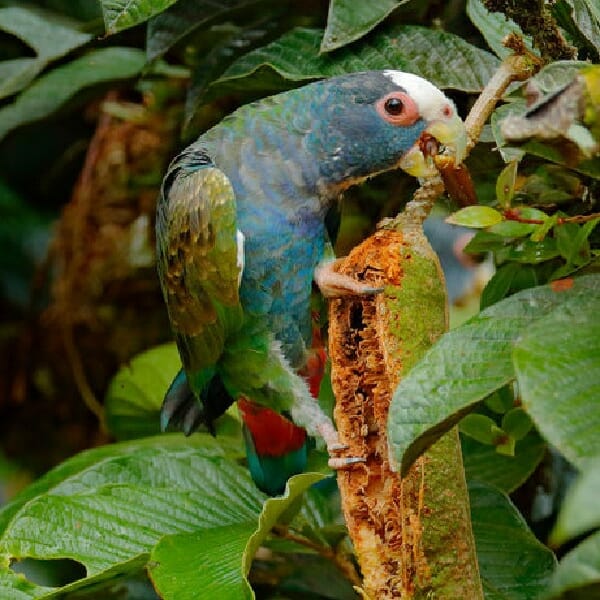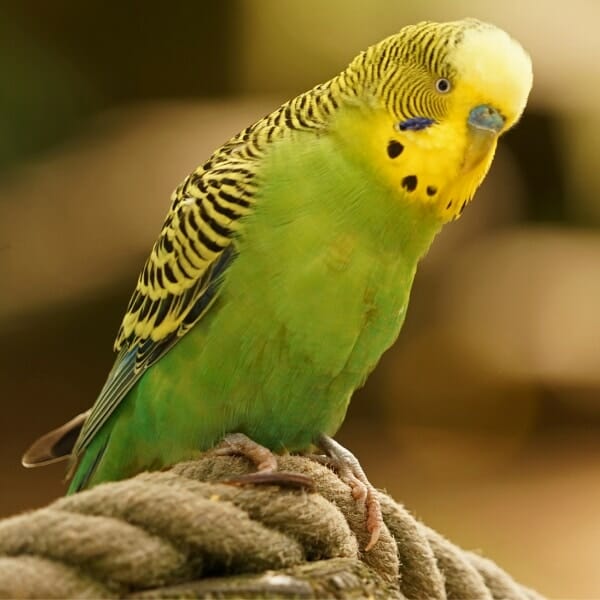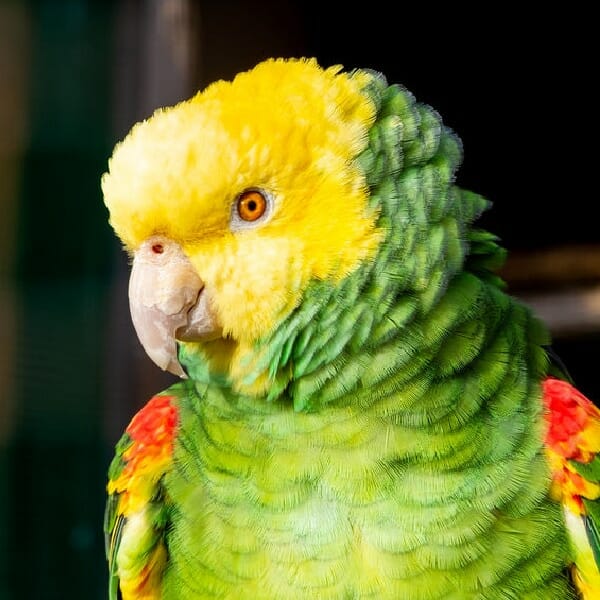Why Does My Ringneck Keep Flying From My Shoulder to Her Cage?
Lydia G. has 2 issues with my Indian Ringneck
Hi, my Indian Ringneck keeps flying back to her cage all the time when I take her around on my shoulder.
She won’t venture further than a foot away from it.
She also has a box she likes to spend time in and on.
She has toys to play with and I give her branches to rip up.
I keep going and getting her every time and repeat it quite a few times and she always goes back.
She was doing this at her previous owners too.

